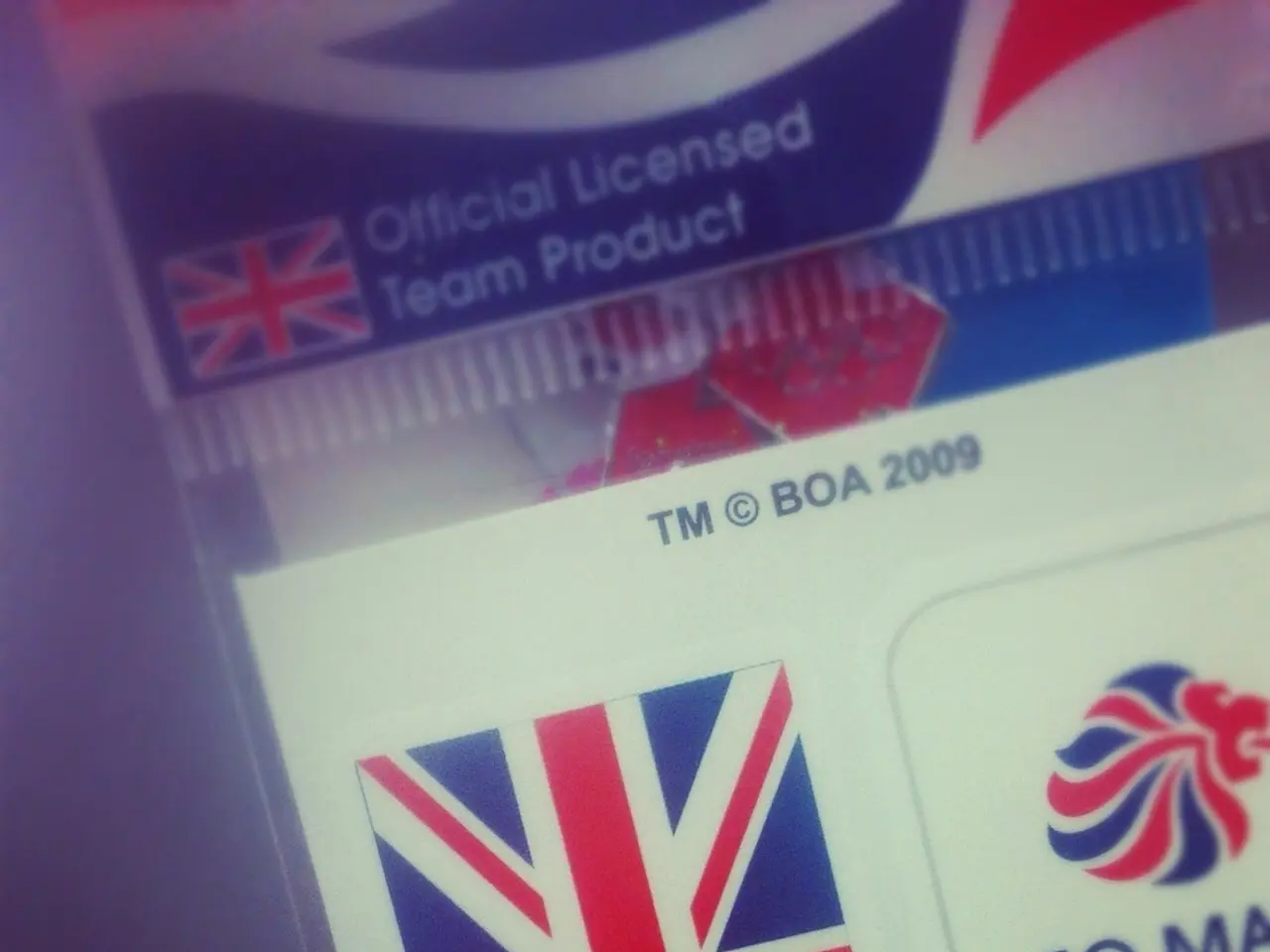Incurred data loss, identity theft arises: strategies for resolution
Preventing and Handling Identity Theft: A Comprehensive Guide
Identity theft is a form of criminal activity where perpetrators misuse personal data such as names, birthdates, or account numbers. To safeguard yourself from this, it's crucial to protect your personal information, monitor your financial accounts regularly, and take immediate action if you suspect fraud.
Here are some key tips and precautions to help you minimize your risk of identity theft and respond quickly if it occurs:
- Secure Documents: Store and dispose of documents containing personal information, such as Social Security cards, financial records, and bank statements, securely. Shred them before disposal to prevent unauthorised access.
- Use Strong, Unique Passwords: Use strong, unique passwords for all online accounts. A recommended password should be at least 16 characters long, with a mix of uppercase and lowercase letters, numbers, and special characters. Consider using a password manager to keep track of your passwords.
- Enable Multi-Factor Authentication (MFA): Enable MFA on important accounts, such as email and banking, to add an extra layer of security. This could involve receiving a code on your phone or biometric verification.
- Monitor Your Accounts: Regularly check your bank, credit card statements, and credit reports for unauthorized transactions or accounts.
- Be Cautious Online: Avoid clicking on suspicious links, phishing emails, or providing personal information unless you’re certain of the recipient’s legitimacy.
- Protect Your Social Security Number: Limit the use of your Social Security number only when absolutely necessary and ask if alternate forms of ID can be used.
- Report Identity Theft Immediately: If you suspect identity theft, report it immediately on websites like IdentityTheft.gov to create a recovery plan and notify your financial institutions promptly.
- Set Up Account Alerts: Set up account alerts, such as text notifications for transactions, while being aware of potential phishing scams pretending to be alerts from your bank.
- Avoid Giving Out Personal Info: Verify the identities of unsolicited callers or emails independently to prevent social engineering attacks.
- Place a Credit Freeze or Fraud Alert: Place a credit freeze or fraud alert on your reports from the three major credit bureaus (Experian, TransUnion, Equifax) to prevent new accounts being opened in your name without your approval.
In addition, businesses should implement Know Your Customer (KYC) procedures to prevent fraudsters from exploiting their platforms.
By following these precautions, you can help minimize your risk of identity theft and prepare yourself to respond quickly if it occurs, limiting financial loss and damage to your credit.
Remember, never open attachments or links in emails from unknown senders, enable automatic updates wherever possible, and install updates for operating systems, programs, and apps as soon as they become available.
Stay safe and secure!
To further safeguard personal information, it is also advised to maintain a budget and manage personal-finance effectively using technology. Regularly update and secure your devices with cybersecurity measures such as antivirus software and firewalls. Additionally, consider keeping a record of all your financial transactions for future reference and discrepancy resolution.




